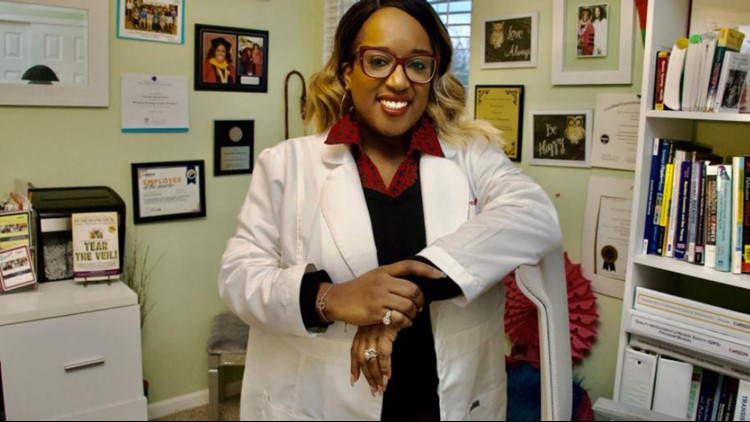Mary Eliza Mahoney’s name might not be well-known, but it should be — especially to African American nurses. In 1879, she became the first Black person in the United States to earn a nursing degree.
Mahoney, who lived and died in Boston, was the daughter of freed slaves who moved to Boston from North Carolina. She learned about the importance of racial equality at a young age as she attended Phillips School, one of the first integrated schools in the country.
She was admitted in 1878 to The New England Hospital for Women and Children, one of the first nursing schools to operate in the U.S. She was one of four out of 42 students who had enrolled to complete the program.
“The thing about Black folks is, we have to have somebody to look up to and say they’ve done something,” said Dr. Leonora Muhammad, president of the Black Nurses Association of Greater St. Louis.
“If Mary got her nursing degree then we can too. Since then, so many Black nurses have grown from the seed she planted.”
The National Black Nurses Association Inc. organized in 1971, aligns with the imprint Mahoney spearheaded when she paved the way for nursing professionals who look like her.
Today, association membership includes 200,000 Black nurses from the United States, Canada, Eastern Carribean and Africa, with 115 chartered chapters worldwide. The Black Nurses Association of Greater St. Louis is one of them, founded in 1973 and incorporated in 1975.
Muhammad joined the local chapter in 2016 and was named president in January. With her new rank, she’s adamant about increasing membership, remaining visible in the community and being a champion for patients. She also wants the organization to maintain its presence on a national level.
“What’s going on in Washington, D.C., affects not only St. Louis, but it also impacts the state,” Muhammad said. “I want nursing leaders here to represent on a national level so they can obtain information and have that voice to make changes locally.”
Throughout the current coronavirus pandemic, the chapter has persevered. Members have visited homeless shelters throughout the city with educational fact sheets with information aimed to help slow the spread of the virus. They also distributed kits with gloves, masks and hand sanitizer.


